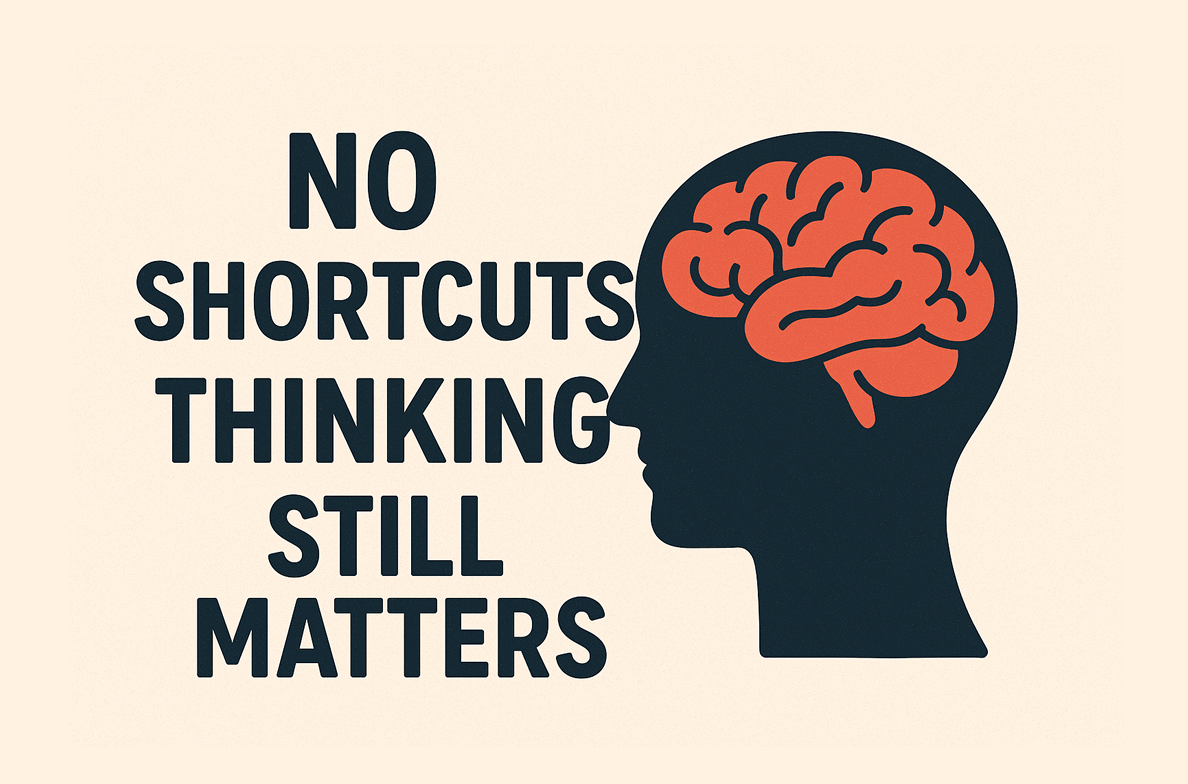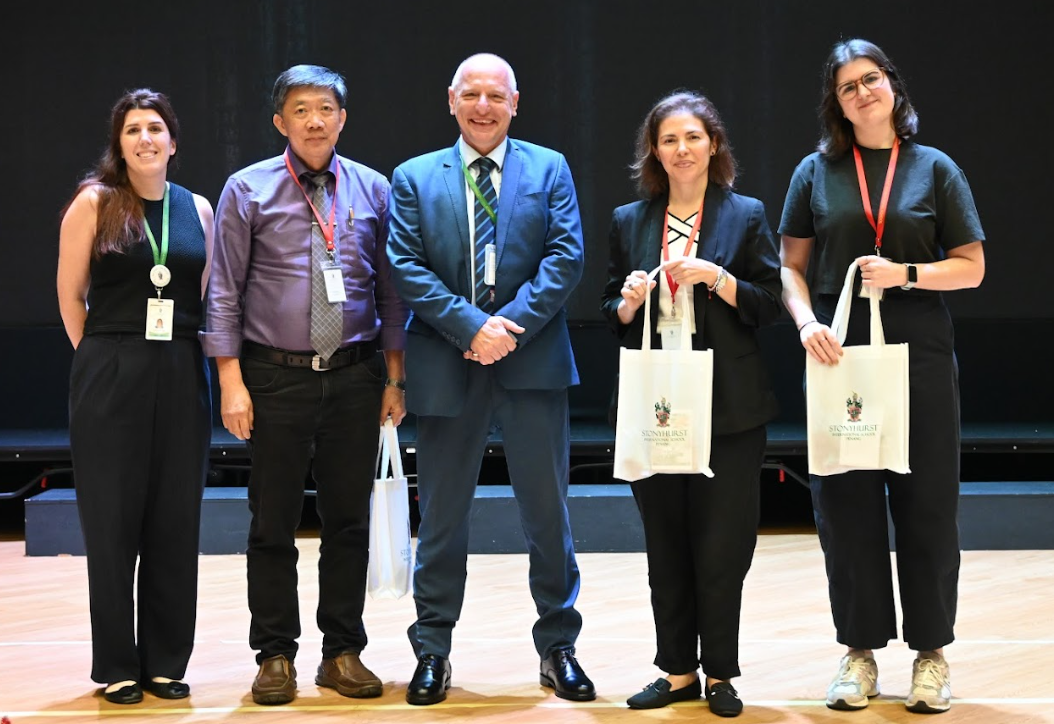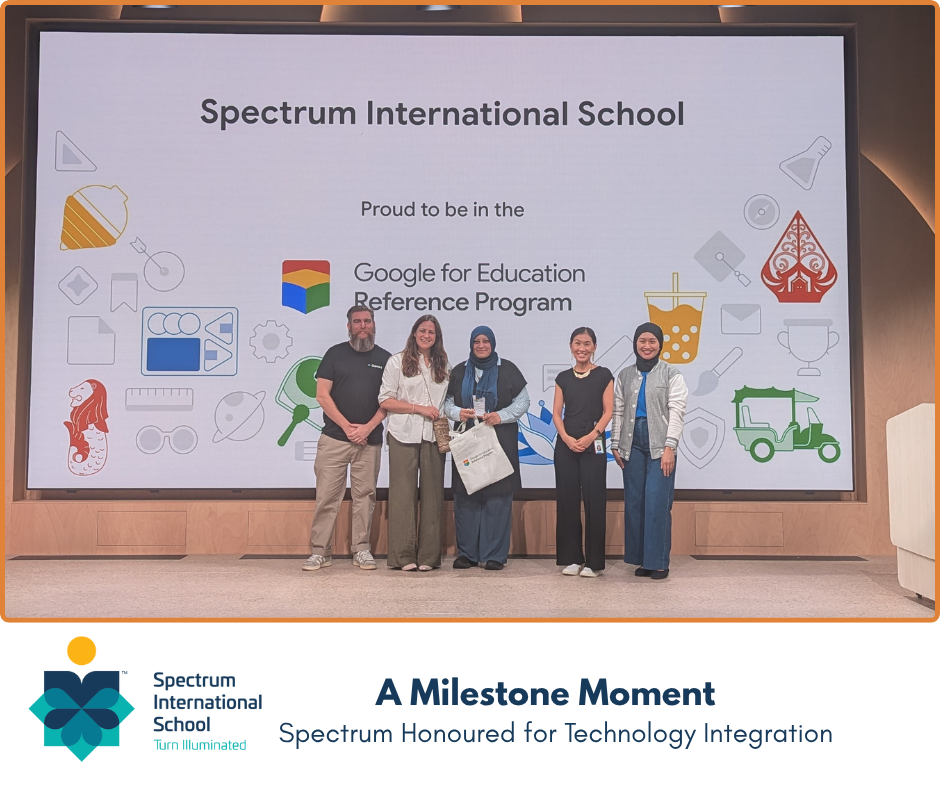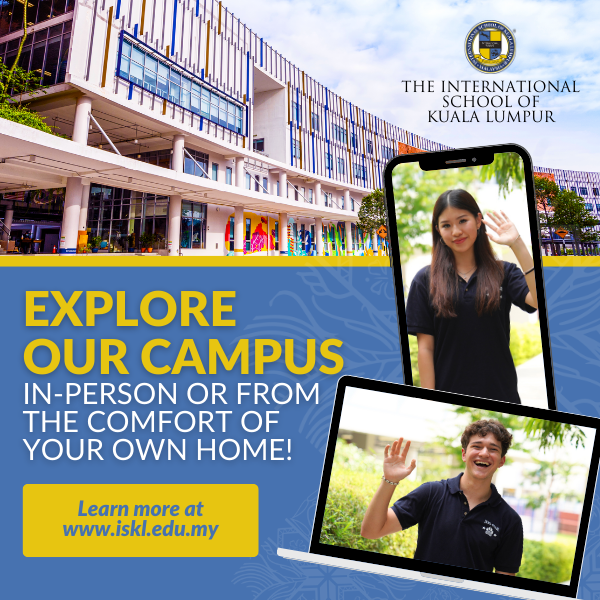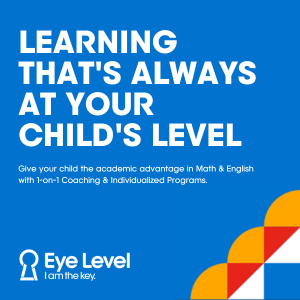Working and living in the 21st century has changed remarkably quickly with the evolving digital economy and rapid technological advancements. Many schools are reviewing how to teach in the classroom as it becomes more apparent that traditional academic learning do not equip our students with the skills they need to be effective in the workplace. In today’s jobs, people are most successful when they have the ability to collaborate, communicate and solve problems – in addition to the foundational literacies in areas such as language, maths, science, technology, finance, and civics.
What skills will be needed most?

At the annual World Economic Forum meeting in Davos in 2016, a report about the future of jobs was launched. It looks closely at the employment, skills and workforce strategy for the future. Here is the list of Top Ten Skills that a world-ready education should give students:
- Complex Problem Solving
- Critical Thinking
- Creativity
- People Management
- Coordinating with Others
- Emotional Intelligence
- Judgement and Decision Making
- Service Orientation
- Negotiation
- Cognitive Flexibility
But how are these skills taught?
There is currently an enormous dislocation between the current school education system and the world of work. At school, students are still being taught to follow directions and mug for exams. If we ask them about their educational experience, almost all will tell you they believe “the ends justify the means” – in other words, learning is mostly for the purpose of getting good grades and exam results. Are our school producing human labour machines programmed to simulate intelligence and imitate accomplishment?
If we are going to help the next generation thrive, surely we have to move past “the way we have always done it” and create better learning experiences for our students than we had ourselves.
By developing social and emotional skills through opportunities including open-ended play time, we can allow for the creative process and to nurture relationships in a safe environment. Unscheduled time to explore without restrictions, rules or pressure promotes a “growth mindset”, a term used by Carol Dweck, Professor of Psychology at Stanford University, rather than a fixed mindset where people believe that basic qualities of intelligence and talent are fixed innate traits.
Teaching entrepreneurial strategies in schools could help students gain exposure to the real world. For example, the use of unconventional platforms such as blogs, vlogs and podcasts, are how entrepreneurs reach potential customers. What if we replaced English essays with compelling blog posts? With teachers no longer being the sole audience, the effectiveness of the student’s arguments could be judged by metrics such as engagement numbers, reader or viewer or listener comments.
Failure is often final, as evidenced by the emphasis on exam marks and grades. It is still uncommon for high school teachers to allow students multiple ways and opportunities to prove concept mastery. There is also a need for educational leaders to make it clear that failure is an option, and to teach students that reflecting on failure and learning from it leads to true growth. Experts say the willingness to start over from scratch is one of the key traits of successful entrepreneurs. This involves having the mindset to adjust approach, change products or rebrand.
Speaking of branding, a teen who spends time branding themselves is reflecting on personal values and identifying who they truly are. They become more self-aware and use this awareness to influence the world in positive ways – by creating stories, products or services that are valuable, not superficial, because they are things the teen is passionate about and wants to share with the world. Personal branding guidance could be encouraged in young adults.
The need for a world-ready education is clearly acknowledged and we are seeing many schools implement changes and develop in this area. With the combined efforts of educators, parents, researchers, businesses, education technology developers and investors, hopefully change will be effected rapidly and we can soon look fondly back on the bygone days of early 21st century school classrooms.
This article was originally published on www.bessa.asia/blog. BESSA is a curated platform, showcasing the best UK boarding schools right here on Malaysian soil. Join BESSA on Sunday, 3rd November 2019, 12pm to 5pm at Gardens Hotel Mid-Valley KL to meet admissions directors and learn more about a British education through our panel speakers.
Register today for free entry at https://bessa.asia/bessa-malaysia/













